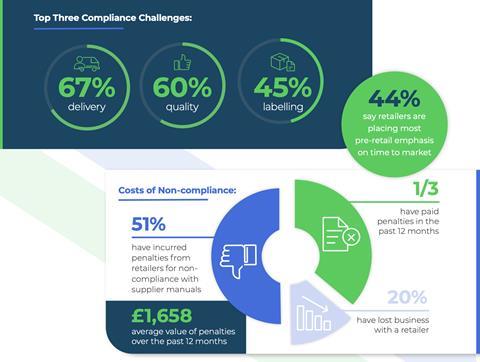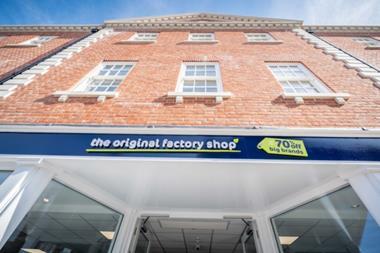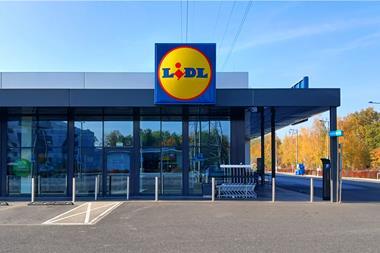Reducing lead times and getting goods to market quicker are of paramount importance, particularly at this time of year. Advanced Supply Chain (ASC)’s Ben Balfour looks at a common goal uniting retailers and suppliers – the quest for retail ready products.
There’s a growing trend of businesses prioritising performance during pre-retail logistics. Research shows nine out of ten companies are looking for solutions to improve this part of their supply chains.
Success and challenges at this stage can quickly impact time to market, stock availability, sustainability and shopper satisfaction. It’s for these reasons that retailers and their suppliers are prioritising improvements throughout pre-retail processes and compliance.
Three pre-retail problems
Our research found that the three biggest issues during pre-retail logistics are deliveries (67%), quality (60%) and labelling (45%). Products aren’t being delivered to retailers on time, in the right quantities, condition or formats.

Non-compliant orders are frustrating for all parties, because they mean goods are needlessly moved backwards and forwards throughout supply chains. There’s a risk of bottlenecks, out of stock scenarios and missed sales opportunities, dissatisfied consumers, and excessive supply chain mileage.
Solving the problems
Overcoming these problems requires automation, digitalisation and connectivity, with this often starting with labelling.
In many cases, when ASC are first called in to review pre-retail logistics, we find an over reliance on manual processes. Paper-based stock inventory management logs and hand-written labels will be used throughout warehouses, because workers are constantly on the move.
Automating and digitalising labelling speeds-up processes and avoids issues caused by hard-to-read handwriting. With the right technology and equipment, labels can be quickly printed on-demand.
Templates can also be set to retailers’ specifications, ensuring all the correct information is presented on-pack and in the right format. Compliance with retailer requirements is enhanced, saving time and eliminating bottlenecks caused by non-compliance.
”Overcoming these problems requires automation, digitalisation and connectivity”
The automation and digitalisation of labelling provides a solid foundation to improve connectivity and the flow of accurate data throughout supply chains.
We’ve installed touch screen kiosks in fulfilment centres that are backed-up by a web-based supply chain management solution. From the moment of data input and label printing, information is updated and shared to enhance carton tracking and provide real-time visibility of stock inventory.
Better connectivity enables deliveries to be consolidated, reducing vehicle movements, supply chain mileage and the risk of delays and late deliveries.
These are all steps that help get orders to retailers right first time, every time. Products arrive in retail ready condition, supporting a faster time to market, while reducing wastage to improve supply chain sustainability.
To find out more about optimising pre-retail logistics, click here to download ASC’s expert guide.
Ben Balfour is managing director at Advanced Supply Chain (ASC)
About the research
Sapio Research surveyed 200 senior key decision makers with responsibility for pre-retail logistics and compliance. Interviews were conducted online in April 2024 and carried out among key decision makers working for businesses with an annual turnover of £10million+ across the UK.



























